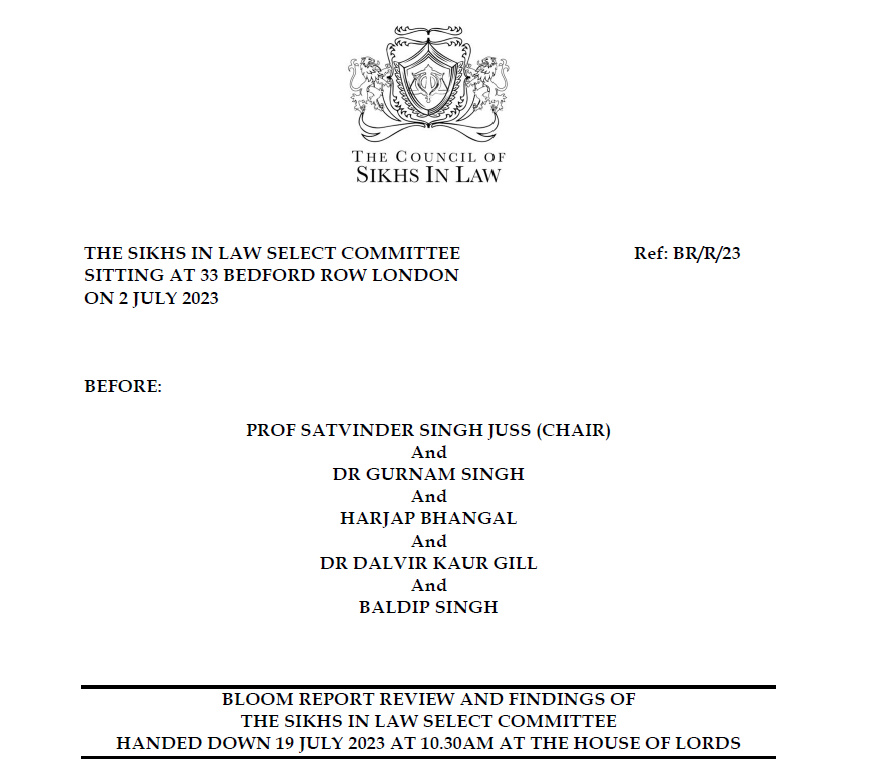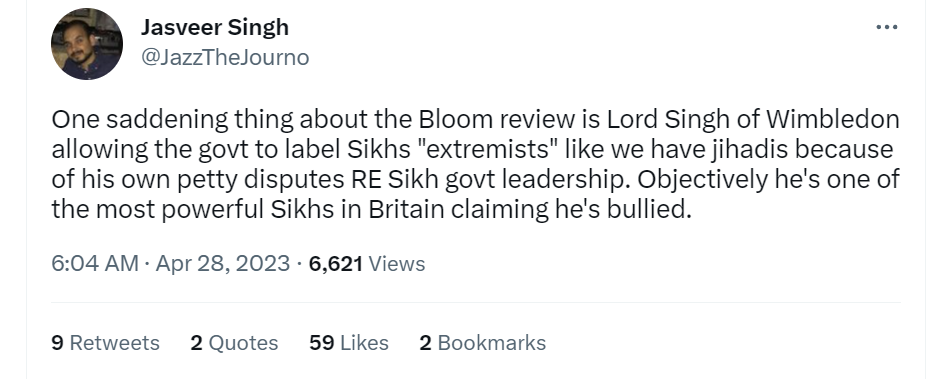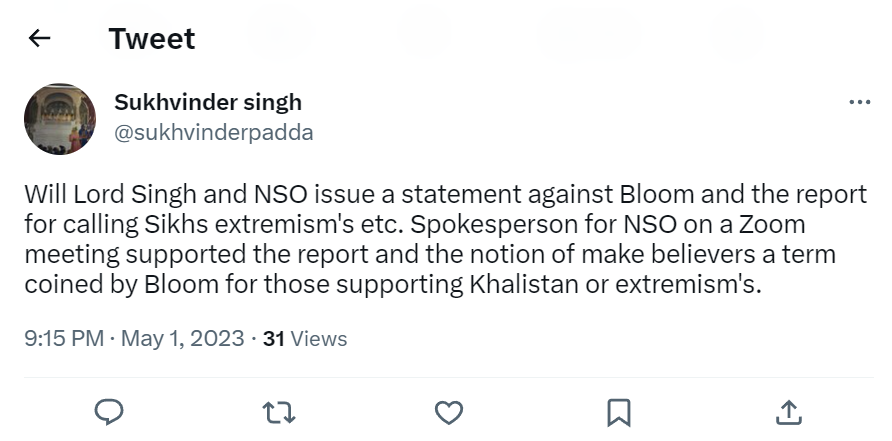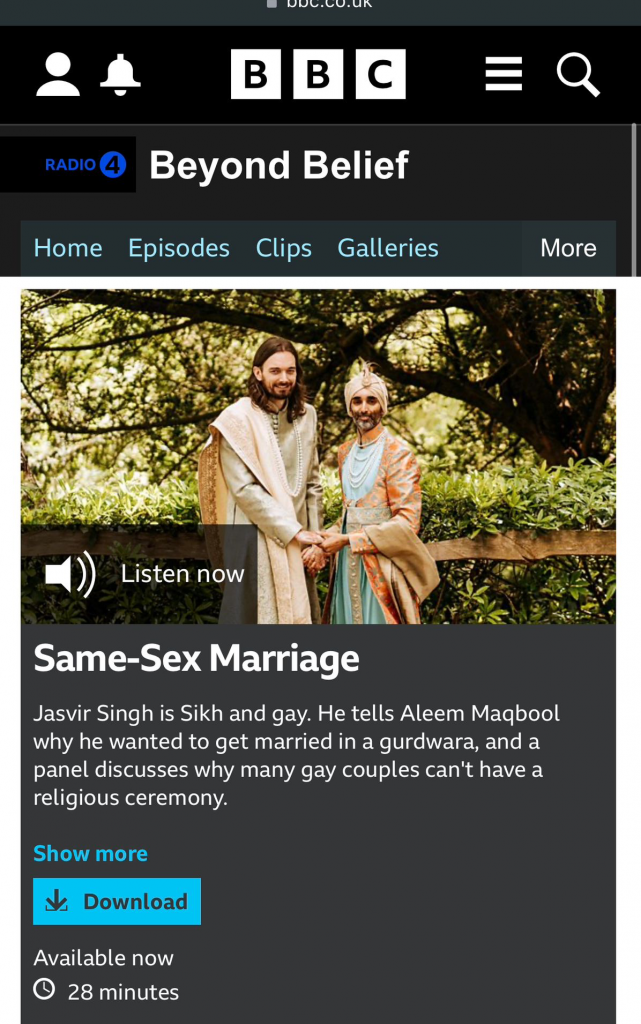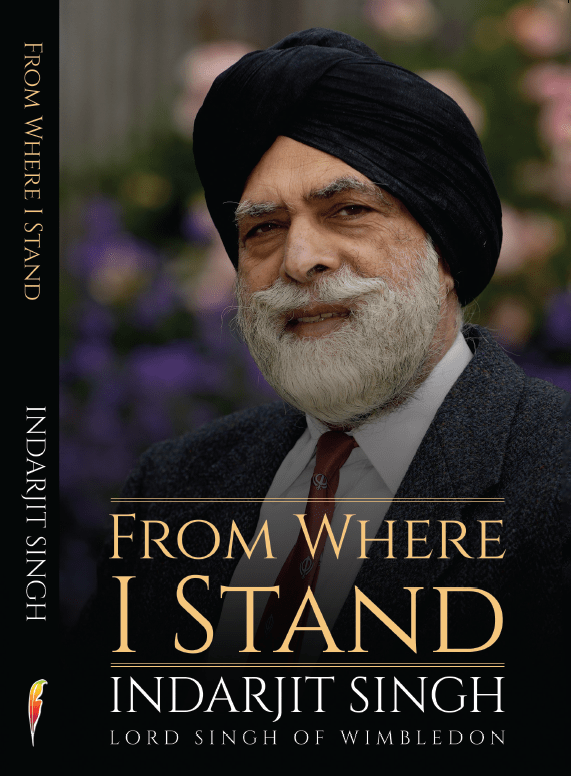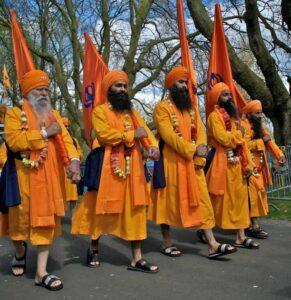The Judiciary of England and Wales and the Ministry of Justice are encouraging people from all walks of life and different faiths to apply to become magistrates, to help keep their communities safer. The campaign is also part of efforts to make the magistracy better reflect the diversity of British society today.
Statistics on the diversity of the magistracy in England and Wales over the last five years show an increase in magistrates from underrepresented groups. This includes people aged under 50 (currently 18% of the local judiciary), people from an ethnic minority background (currently 13% of the local judiciary) and women (around 57% of the magistracy).
Although this is a step in the right direction, there is still further to go to ensure that the magistracy is representative of all communities that it serves. This includes the Sikh community, which accounts for over 524,000 people in England and Wales.
What is a magistrate?
A magistrate is a volunteer that sits in criminal, family and/or youth courts. Magistrates often work closely in groups of three alongside a legal adviser who provides expertise on matters of law, practice and procedure. No legal qualifications or experience are needed to join the bench. All volunteers are given training and legal support to reach decisions on cases.
Anyone between the ages of 18 to 74 who are able to commit to at least 13 days a year for at least five years can volunteer as a magistrate. As part of the bench, you will have the opportunity to learn new skills, enjoy new challenges and become part of a network of other magistrates within your community.
Sikh magistrates have stepped forward to discuss the many benefits that the role has bought to their lives and the different skills they have gained.
Baljit, Derbyshire

Baljit, from Derby, is a Learning Consultant at E.ON . She has been a magistrate for over five years. She applied for the role because she wanted to give back to her local community. Being of Indian heritage, she wanted to ensure greater representation in the magistracy.
On her role as a magistrate, Baljit said: “Being a part of the magistracy is a great learning experience. I’ve discovered so much about myself and about people with different backgrounds to my own. The role is a real eye-opener and encourages you to look at a situation from different perspectives before making a decision – an invaluable skill. You don’t need any legal background or experience as you are fully supported by legal advisers to help with the decision-making process. If you’re interested in helping others within your community, I would urge you to apply.”
Pam, Walsall
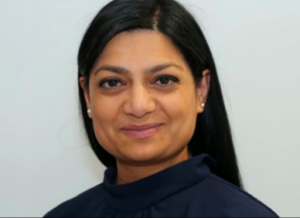
Pam from Walsall works as a Regional Enterprise Director at NatWest and has been a magistrate for over seven years. She joined as she is passionate about diversity and inclusion, and wanted to help contribute to a more diverse bench.
On her role as a magistrate, Pam said: “One of the highlights of the role for me is knowing you are supporting the community and paying it forward. It is also very rewarding knowing you have made a difference to someone at a critical time in their life. If you’re interested in creating positive change in society while learning new skills, I urge you to apply to join the magistracy today.”
Justice Minister Mike Freer said: “Ordinary people up and down the country play a vital role as magistrates help to ensure that crimes in their community are penalised, and we want more people to join them.
I am always impressed by the people I meet who volunteer their time and experience from all walks of life and I would encourage anyone with a desire to help victims get justice to apply.”
As part of the application to sit in the criminal court, applicants are required to observe at least two magistrates’ sittings in court. This is an opportunity to learn more about the role and see magistrates in action. Cases heard in the magistrates’ court can include domestic abuse, drug offences, motoring offences, theft, assaults, criminal damage and public order offences.
Family court hearings are heard in private so public observations are not possible. To apply to sit in the family court, applicants must complete research into the family court. This may include watching videos and reading information found on icanbeamagistrate.co.uk. Family court magistrates can have a significant impact on a child’s life and a family’s future. They make decisions that affect vulnerable children, such as enforcing child maintenance orders and protecting children subject to significant harm, so they move to a safe environment.
Magistrates typically develop highly transferrable skills such as critical analysis, complex problem-solving, mediation, influencing and decision-making, all of which stand to benefit them in their wider lives. Research conducted in 2021 by the Ministry of Justice among HR and business leaders showed people who volunteer as magistrates were likely to have sound judgement (89%) and effective decision-making (81%).
Anyone who is looking to volunteer can apply at icanbeamagistrate.co.uk
.



